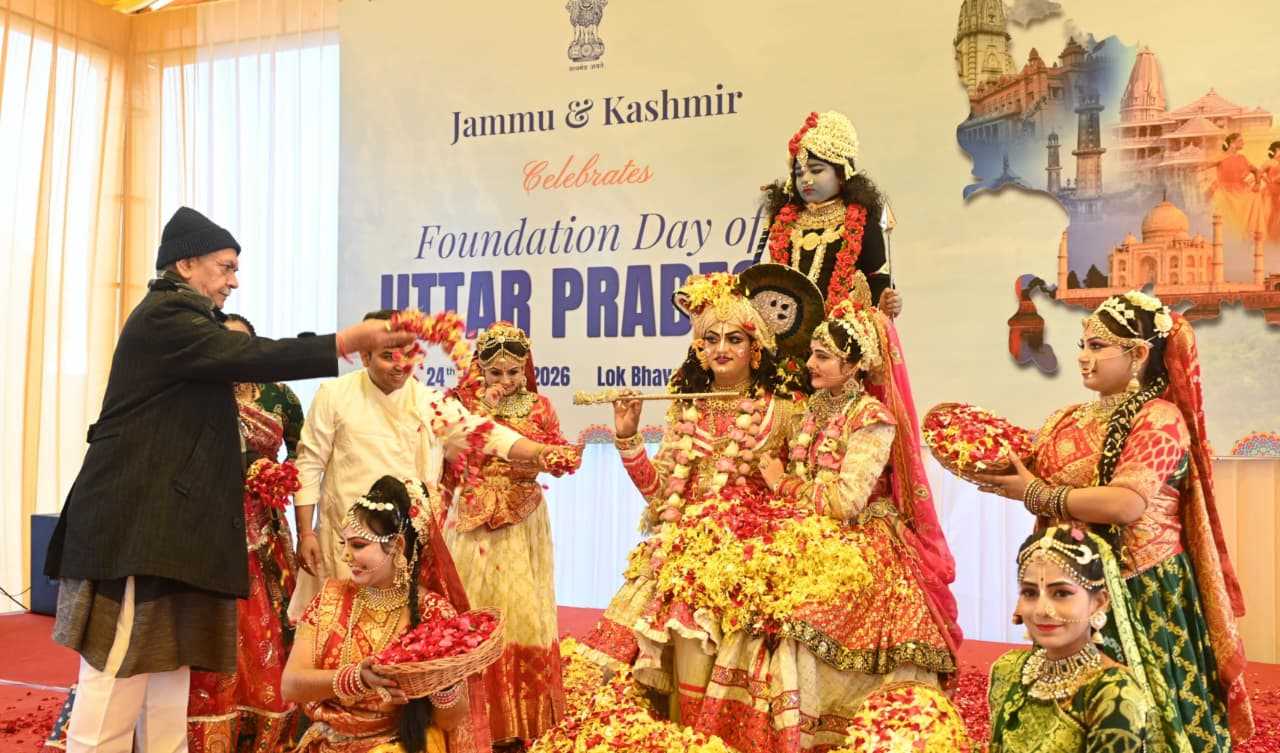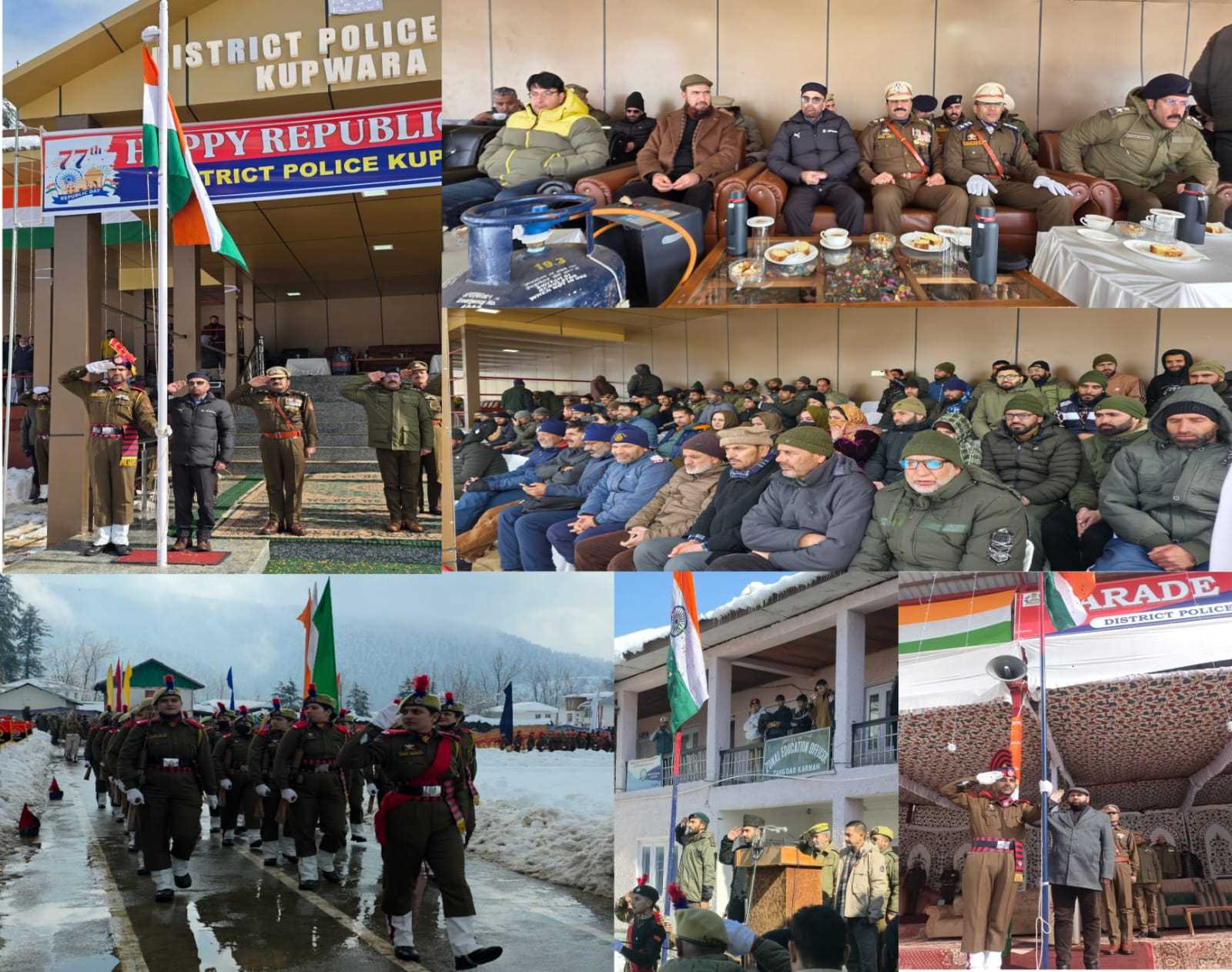In the context of the Indian subcontinent, no philosopher, poet, or thinker has left as profound and wide-ranging an impact on modern times as Allama Muhammad Iqbal.
If you have passion for literature, philosophy, and mysticism, and if you allow questions about life and its purpose to rise within you, then Iqbal can not only guide you but also teach you how to live passionately and purposefully. In this post modern age when man feels fallen apart and scattered and decentralized from the meaning, Iqbal, as a sage of insight, reconnects him with his origin and infuses in him consciousness of life.
If one seeks to understand and draw from the intellectual legacy of Rumi, al-Razi, al-Ghazali, Ibn Arabi, Nietzsche, Kant, Hegel, and Goethe, then reading Iqbal becomes essential. Be it religious sciences or lived spiritual experience, the subtleties of poetry or the complex knots of philosophy, Iqbal dives deep like a diver for pearls and brings forth treasures of wisdom. Through him, man perceives reality in its true form and builds his worldview after reflection and analysis.
Iqbal was equally familiar with the scientific spirit of the West and the wisdom of the East. Despite spending considerable time in Germany and England, he never renounced his Eastern values. On one hand, he wrote that Wordsworth saved him from atheism in his youth; on the other, he regarded Mawlana Rumi as his spiritual guide in all matters. He weighed every thought in the balance of the Qur’an and drew his inspiration from Islamic tradition.
Annemarie Schimmel a noted German scholar writes,
“Of all the Muslim thinkers of the modern world, Iqbal is the greatest of all of them…I acknowledge Iqbal as one of the Muslim reformers who has managed to formulate a trend of thinking which is original and complementary. It is a trend that consolidates the Islamic civilization with the good part that comes from the Western culture.”
He had a philosopher’s mind with a mystic’s soul, versed in Razi’s intellectual subtlety and Rumi’s burning love, eloquent in speech, sober in action, poetic in expression yet sermonic in tone, a poet who shunned carnality, a Sufi imbued with dynamism, a master of modern sciences yet filled with faith and conviction—his mind was imbued with reason, but gifted with a loving heart.
Iqbal was the poet of faith, love, and resolve, and the fiercest critic of materialism, atheism, and exploitation.
Many scholars, thinkers, and admirers have praised the diverse dimensions of his personality. Yet, unfortunately, various groups have fragmented Iqbal according to their own tastes and interests. Every sect and ideology has tried to fit him into its own frame. The real need, however, is to view Iqbal as a whole, not in parts, and not to use select aspects of his thought for vested interests. As Allama Tahir ul Qadri rightly said, Iqbal was a Majma‘ al-Bahrayn—a meeting point of the ancient and the modern. He stood for ijtihad (intellectual renewal), not stagnation.
“Allama Iqbal considered the personality of the Holy Prophet Muhammad (peace be upon him) as the axis of all his thoughts. For him, creation marked the beginning of humanity’s journey, destiny shaped its course, and divine guidance was its ultimate goal. Prophet Muhammad (peace be upon him) is the light of guidance for entire world on the path of salvation.
According to him,
"If you are loyal to Muhammad (peace be upon him), God is yours
This universe is nothing, the Destiny and the Pen are yours."
Today, our preachers and scholars adorn their sermons with Iqbal’s verses, mystics find spiritual depth in his poetry, philosophers draw illumination from his thought, and leaders derive inspiration from his message. Iqbal himself had foreseen this when he wrote in Persian:
"After me, people will read and interpret my words,
And say: one self-aware man transformed the entire world."
Yet, even at the height of his vision, Iqbal humbly acknowledged his human limitations. In one of his letters, he wrote:
“I am sure that after my death, the world will love me. People will overlook my mistakes and, with tears in their eyes, pay me a tribute of affection.” (Zinda Rud)
Email:-------------------------imtiyazaafreen@gmail.com







